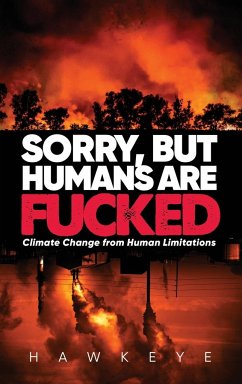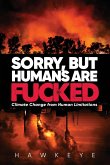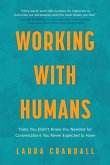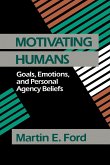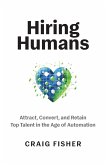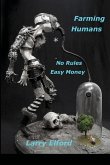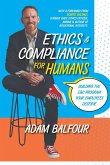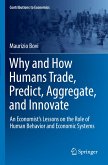That humans may well be fucked is not to offend religious nor rational values. It is a metaphor of urgency for humans as they enter an increasingly hopeless and irreversible pathway. Death provides the challenge to life's continuance. Family has long been a means to negotiate continuance within limits of the 4th dimension. Threats to life's necessary context was noted by a woman of science in 1856, Eunice Foot, a farm girl. She was concerned about a model of industrialization from fragments of analytic science. She noted the deterioration of nature from meeting biophysical human needs and psycho-wants. CO2 threats to conditions of life in the 3rd dimension was her concern. Now labeled climate change, it highlights consequences from man's war against nature, including diseases, chemicalized air, water, and food, then heat intolerant of life. She illustrated how CO2 excess could remove life from the planet. James Black of Exxon illustrated the realization of Foot's concern in 1977. He argued that humans needed alternatives to meeting bio-needs and psycho wants. At that time David Hawk was managing an environmental deterioration research study that included Black. His final report recommended abandonment of legalistic order from analytic fragments absent any frame of context. He proposed a nonhierarchical negotiated order in a natural context without legal order governance filled with hierarchical threats shown to only encourage more deterioration.
Hinweis: Dieser Artikel kann nur an eine deutsche Lieferadresse ausgeliefert werden.
Hinweis: Dieser Artikel kann nur an eine deutsche Lieferadresse ausgeliefert werden.

